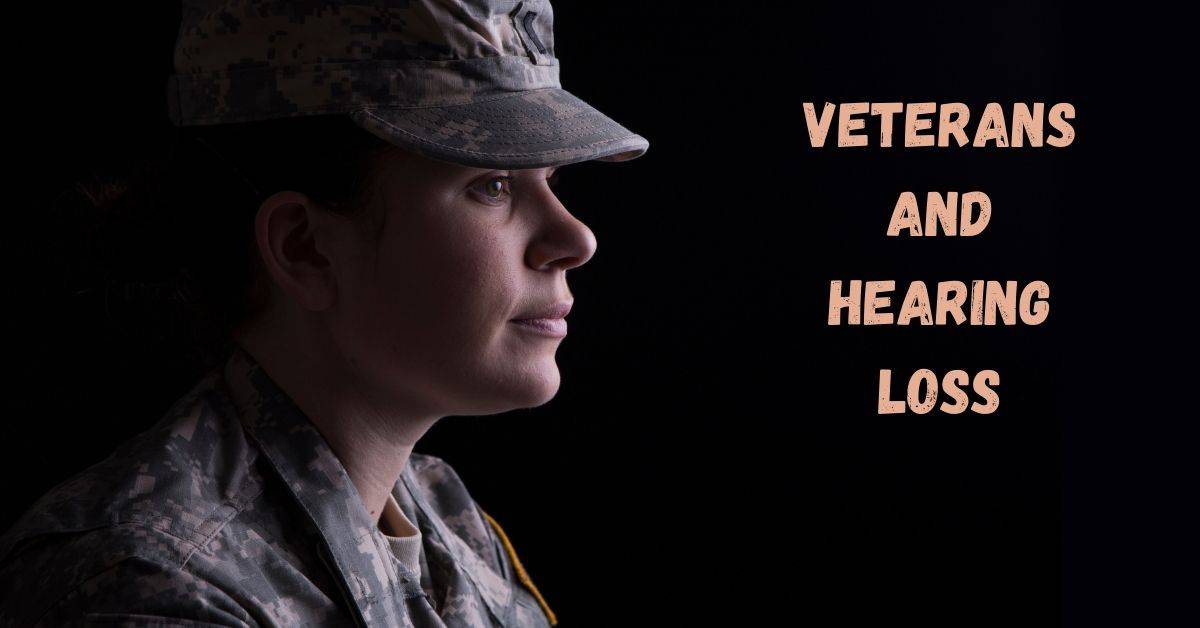Veterans have considerably higher rates of hearing loss than the general population particularly those who have served in war zones.
The field of audiology developed in a profound way after World War II. Hearing loss and tinnitus are the most common service-related disorders among soldiers who have served in Iraq and Afghanistan. The Department of Veterans Affairs 2017 Benefits Report’s official overview shows how hearing loss and tinnitus are the most prevalent service-related injuries. Unfortunately, due to the extremely loud environments and equipment that soldiers encounter and operate regularly the incidence of hearing loss rises with each recorded year.
The risks of noise from the battlefield
Military personnel work in some of the noisiest conditions in the world. They deal with heavy machinery, weapons, and explosives, all of which create hearing-damaging noise levels that are dangerously loud. The military spends millions on hearing protection, fully aware of the danger of hearing loss for ground personnel.
Hearing loss due to noise exposure is often gradual, resulting from prolonged exposure to loud noise without hearing protection. However, when standing near an explosion or other bursts of powerful sound, noise-induced hearing loss can also be instantaneous. Though explosions and weapon noise for military personnel are common occurrences, their hearing loss is not inevitable. It is entirely preventable with proper hearing protection.
Hearing protection on the battlefield
Military personnel are supplied with hearing protection to wear while they are in the field. This solution to preventing hearing loss, however, is only useful when the earplugs are being used properly. Unfortunately, it’s well known that soldiers are reluctant to wear hearing protection on the battlefield for fear that they could miss important sounds or information that could save their life. Fortunately, hearing protection is getting more sophisticated. TCAPS (Tactical Communication and Protective Systems) has been developed to be used as earbuds internally or as earmuffs externally. TCAPS utilizes advanced technologies to minimize high-decibel sound and amplify quieter sounds. This helps the wearer to be covered without losing their spatial awareness.
Hearing loss and readjusting to civilian life
According to US Veterans magazine, if a person already has hearing loss from deployment overseas, hearing loss and tinnitus make it even more difficult to readjust to civilian life. Let’s look at the different obstacles facing veterans returning from an assignment and how hearing loss can make reintegration into society an even greater struggle.
Re-establishing as a member of the family
During a soldier’s absence, their families may have established new customs and both the family and the Veteran may have to learn to navigate these changes together.
Hearing loss can have a significant effect on family and friends when left untreated. Communication can cause friction, which can cause family members and veterans to struggle to get along.
Meeting new friends
The military provides personnel with a ready-made pool of social contacts when moving to a new base or post. When one splits from the military, this structure is not there anymore. The Veteran may need to find new ways to enter a social network or build one.
When you experience hearing impairment and need to ask people around you to repeat themselves, it isn’t easy to socialize and build new friends. It’s even worse if people bring attention to this difference because they are tired of being misunderstood. This can weigh hard on any person and lead to retreating from social interaction and decrease in confidence.
Getting back into the workforce
A veteran may begin searching, applying and interviewing for civilian jobs after their return from deployment. This requires learning new material, applying new knowledge and mastering new skills.
Studies indicate that people with hearing loss face more significant challenges than those with normal hearing within in a career growth and learning environment. It has also been found that untreated hearing loss will reduce one’s annual earnings by as much as $30,000, as the impairment makes working life more complicated.
Treating hearing loss in veterans
Luckily, by treating the hearing loss with hearing aids, many veterans reintegrate back into society, rekindle family connections, and return into the workforce seamlessly.
You may be entitled to services, including hearing screens and hearing aids, if you are a Veteran with hearing loss. There are several forms of applying for compensation if you think you might have hearing loss. Veterans should visit a Veterans Affairs healthcare facility or regional office to begin this process near them.
At the Hearing Health Center of Houston, we are proud to provide our veterans with excellent hearing healthcare services. Please contact us today to schedule an appointment.
We salute our veterans at The Hearing Health Center of Houston and thank them for their contribution to our country.


